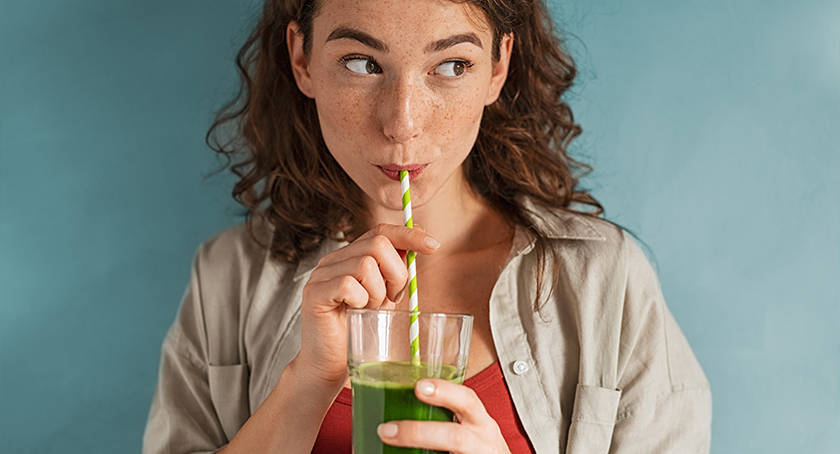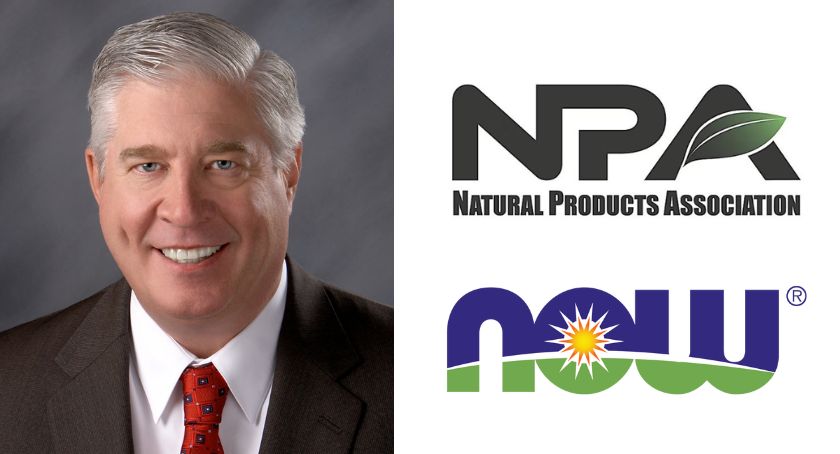Market Updates
ConsumerLab.com Finds Deficiencies in B-Complex Supplements
Tests of B vitamin supplements, including B-complexes and shot-sized energy drinks, revealed quality problems with four of 18 products selected for review by ConsumerLab.com, White Plains, NY.

By: Sean Moloughney

Tests of B vitamin supplements, including B-complexes and shot-sized energy drinks, revealed quality problems with four of 18 products selected for review by ConsumerLab.com, White Plains, NY.
One widely-sold B-complex supplement was found to contain only about 18% of its vitamin B12. Another had no detectable vitamin B6 and was short on both biotin and folic acid. Two energy shot liquid supplements were low on folic acid, respectively providing only 40.4% and 75.5% of the amounts listed on their labels.
Both energy shots displayed B vitamins as their top-listed ingredients and listed caffeine as part of a proprietary “energy blend.” The amounts of vitamins B6 and B12 included in these two products were, respectively, 2000% and 8333% of the Daily Values of those nutrients. Taking three or four small bottles in a day (which one product indicated as permissible), would cause a person to exceed Upper Tolerable Intake Levels for niacin, vitamin B6 and folic acid, representing a risk of toxicity.
Neither of the energy shots listed a specific amount of caffeine but noted the amount to be comparable to that in a cup of either “brewed” or “leading premium” coffee. According to the USDA, one cup (8 fluid ounces) of brewed coffee contains an average 95 mg of caffeine. The same serving of Starbucks coffee has 180 mg of caffeine.
ConsumerLab.com discovered the amounts of caffeine in the small (2 fluid ounce) energy shots to be higher than one might assume from their labels: 156 mg (64% more than brewed coffee) in one and 207 mg (15% more than a premium coffee such as Starbucks) in the other.
“Consumers need to be aware that some supplements don’t provide all of the B vitamins they claim,” said Tod Cooperman, MD, president of ConsumerLab.com. “It is also important to recognize that B vitamins won’t increase energy levels if you already get an adequate intake, which most people do. The sense of energy from B vitamin liquid shots appears to come from the added caffeine, which may be at higher levels than you expect. If you do use energy shots, be careful not to drink more than one or two a day and not to take other B vitamins. Otherwise you run a risk of toxic effects.” According to Nutrition Business Journal, sales of B vitamins in the U.S. were $1.2 billion in 2009, second only to multivitamins.
In addition to the four supplements that failed testing, 14 other B vitamin products passed testing, as did five products similarly tested through ConsumerLab.com’s voluntary certification program. ConsumerLab.com also indentified two products similar to one that passed testing but sold under different brand names.




















